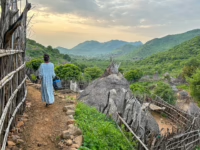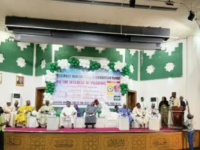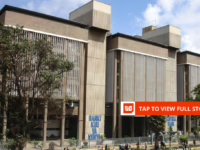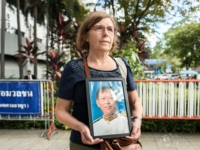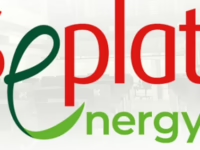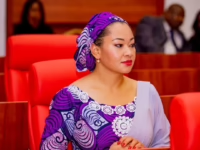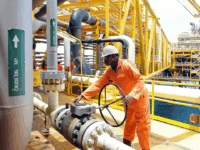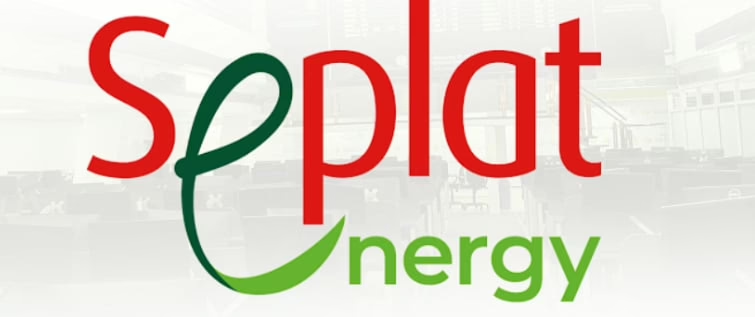Seplat Energy has announced significant strides toward finalizing commercial agreements for a new gas project, marking a pivotal advancement in Nigeria’s mission to boost its domestic gas supply and harness its LNG capabilities.
During the African Energy Week (AEW): Invest in African Energies 2025 event in Cape Town, Seplat Energy’s CEO, Roger Brown, revealed that the company is progressing negotiations concerning a previously underutilized asset with strong LNG potential. “Our onshore gas strategy is well-defined. Operating three gas plants, we rank among the leading domestic suppliers. One notable asset, the Yoho field, remains untapped and is ideal for LNG development. We are nearing the finalization of commercial terms for this project,” Brown explained.
The firm is also bolstering its financial foundation through a combination of domestic and international funding sources, highlighted by the successful issuance of its third Eurobond earlier this year. “Securing local financing is essential because these investors have a deep understanding of the local market dynamics,” Brown added.
He further noted that Nigeria’s regulatory and investment climate is becoming more favorable, with five upstream contracts approved last year and a government ambition to reach 3 million barrels per day by 2030-clear indicators of growing investor confidence in the sector.
Berislav Gaso, Executive Vice President of Energy at OMV, emphasized the untapped potential in onshore assets, stating, “We prioritize acquisitions based on the strength of existing infrastructure and subsurface prospects, recognizing the substantial value embedded in these onshore opportunities.”
Local players such as Aradel Holdings are already capitalizing on this potential. CEO Gbite Falade shared that the company has expanded its production from 2,000 to 15,000 barrels per day at its key marginal field. “Over the past two decades, we have not only increased upstream and onshore capacity but also established a gas-processing facility at Ogbele and a modular refinery, all while relying on a skilled indigenous workforce,” Falade remarked.
Oladimeji Bashorun, COO of Energia Limited, expressed optimism about the future of indigenous firms, stating, “The next chapter involves collaboration among local companies to pool resources, mitigate risks, and leverage our collective strengths.”
Cobie Loper, Senior Vice President of Operator and Geographical Sales at NOV, highlighted the importance of early involvement and comprehensive lifecycle support to overcome operational challenges. “Our suite of solutions offers diverse development pathways,” he said. “Partnerships are crucial-not only to optimize existing assets but also to introduce innovative oilfield technologies.”
Oando Energy Resources underscored the critical role of managing above-ground risks by deploying advanced monitoring systems for pipelines and remote fuel stations, alongside fostering strong community relations. “Technology helps us monitor operations, but building trust and cooperation with local communities is equally vital for effective response,” explained Akinbambo Ibidapo-Obe, General Manager, Commercial.








